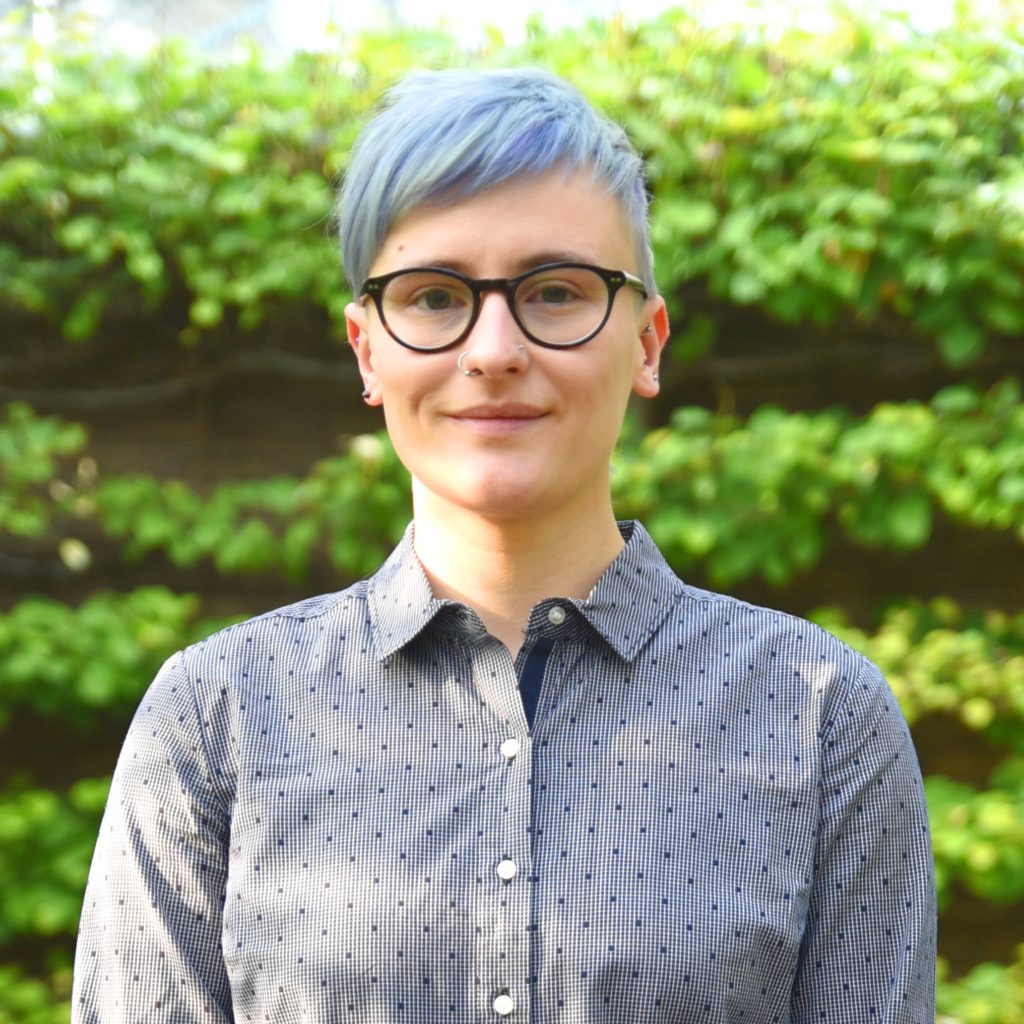Faites de 2021 l’année du changement ; choisissez votre meilleur index et soumettez-le pour le prix Ewart-Daveluy. L’année 2020 ne vous laissera pas que de mauvais souvenirs ! Date limite de dépôt de candidatures : lundi 22 février 2021.
Nous avons, en 2020, reçu un nombre record de candidatures de grande qualité ; nous en avons reçu tellement que nous avons choisi deux gagnants. N’hésitez donc pas à nous envoyer votre candidature.
Nous vous encourageons à réfléchir à l’index qui vous a le plus inspiré, pas nécessairement l’index qui traite du contenu le plus compliqué, mais l’index d’un livre qui vous a posé un défi particulièrement difficile. Un index qui vous a obligé à analyser le contenu d’un livre en tenant compte de contraintes en matière d’espace, ou dans une optique de simplicité extrême, car vous saviez que les recherches de contenu se feraient en situation de stress ou encore avec créativité, car la présentation de l’auteur était plutôt inhabituelle. Ou encore, un index qui vous a donné l’impression d’avoir vraiment fait un très bon travail.
Nous avons, l’année dernière, inauguré un système de candidatures en ligne. Le processus est extrêmement facile. Il n’est plus nécessaire de nous envoyer une copie imprimée : un PDF du livre contenant l’index suffit. Et cela ne vous coûtera que 30 $. Trois indexeurs expérimentés donneront une rétroaction sur les index aux trois finalistes.
Montrez-nous comment vous avez surmonté les défis avec créativité et créé un guide exceptionnel, bien structuré, convivial, clair et détaillé destiné à tous les utilisateurs. Vous pensez certainement : « Pas question, je n’ai pas suffisamment d’expérience ! » Je voudrais mettre l’accent sur le fait que Carla DeSantis, l’une des gagnantes du prix 2020, n’avait rédigé qu’un seul autre index auparavant. Elle espérait tout simplement recevoir la rétroaction d’indexeurs plus expérimentés. Anna Olivier, l’autre gagnante, indexeure depuis 2009, a soumis un texte en français. C’était également une première dans le cadre du prix Ewart-Daveluy.
Donnez-nous un défi à relever. Vous n’avez rien à perdre et tout à gagner. Vous gagnerez peut-être le prix (ce qui ne sera pas possible si vous ne posez pas votre candidature). Et même si vous ne gagnez pas, vous recevrez très probablement la rétroaction confidentielle d’indexeurs expérimentés. Cela en vaut la peine.



